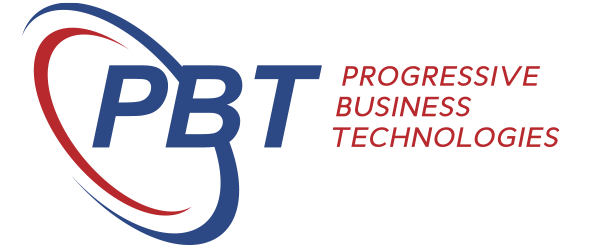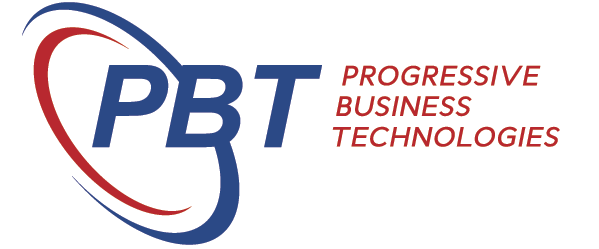ERP Selection Checklist
If you’re on the hunt for the right ERP software for your business, our ERP Software Selection Checklist is here to help. It’s not just a tool for talking to us – it’s also a practical guide for discussing your needs with other software vendors. Use this checklist to make sure you’re well-informed and confident in your choice of ERP software.
Before finalizing an ERP solution for your business, it is essential to ensure that the system and the vendor align with your unique needs and expectations. Here is a comprehensive checklist of questions to guide you through the critical considerations:
Vendor Differentiation & Strengths
What sets your solution apart from major competitors?
Products have different strengths and weaknesses, and no product is strong at everything, even if they have the feature on their website. Make sure you are selecting a solution aligns with your industry and your unique requirements.
If the answer from the vendor’s sales staff is ‘we are strong at everything’, you are being misled.
System Architecture & Deployment
How do you minimize the risk of disruptions during upgrades?
Vendors & partners should be able to clearly explain the upgrade process and the steps in place to avoid the impact of any upgrade issues.
Is your solution genuinely multi-tenant and cloud-based?
Some ERP systems marketed as ‘cloud-based’ are actually ‘on premises’ systems that are hosted in the cloud. Ask the vendor if the system can be deployed ‘on-premises’. If the answer is ‘yes’, then it’s probably not a true cloud-based system. These ‘hybrid’ systems have a higher chance of experiencing upgrade issues, especially when customisations have been implemented. This can result in the need for specialist consulting services (and higher costs) each time the system is upgraded.
Some ERP systems marketed as ‘cloud-based’ are actually ‘on premises’ systems that are hosted in the cloud. Ask the vendor if the system can be deployed ‘on-premises’. If the answer is ‘yes’, then it’s probably not a true cloud-based system. These ‘hybrid’ systems have a higher chance of experiencing upgrade issues, especially when customisations have been implemented. This can result in the need for specialist consulting services (and higher costs) each time the system is upgraded.
If you want a true cloud solution, make sure it is one.
Please walk me through the system upgrade process. If there are issues, who pays to resolve them?
Ensure you understand whether the upgrade process is automatic, or if services are required from your partner or vendor each time an upgrade is needed (and if there are any charges associated with it).
Requirement Understanding & Demonstration
Is there a process in place to document our specific needs?
Your requirements are detailed, and they should be thoroughly documented and expanded upon as you move throughout the selection journey, from the first moment you engage with a vendor.
Before showcasing a demo, how do you ensure that you’ve comprehensively grasped our unique requirements?
Be wary of organisations that want to go straight to demonstration without understanding your unique requirements. It’s likely a reflection on how the implementation will go.
Implementation Expertise & Approach
Who will be leading the implementation of the system in our organization?
This is critical. It’s easy for salespeople to ‘sell’, but it’s a lot harder to implement and requires experienced ERP Consultants and Project Managers. Ensure your vendor / partner has the right people with the right expertise and ensure they will be dedicated to your project before you buy.
Can you provide insights into your staffs’ experience and track record?
Once again, it’s easy for organisations to claim their staff are experienced. Ask them for details on what this means and what projects they have worked on. Speak to their current customers and reference check their staffs’ capability.
Would you be willing to share a detailed breakdown of your implementation methodology, highlighting the time allocation for each phase?
A potential partner or vendor should be able to provide this information to you quickly, even as an educated estimate. If this is time consuming process for your partner or vendor to produce, they likely don’t have a proven implementation methodology.
Transition & Implementation Strategy
What is your strategy for transitioning our organisation onto the new system within the proposed budget?
You need to assess the vendor or partner’s understanding of your organisation’s unique challenges and intricacies. This question seeks to gauge the partners ability to manage a seamless migration process that is both efficient and cost-effective, minimizing disruptions and unexpected expenses.
What elements are covered within your quote, what falls outside of its scope, and how will you define that?
You need to clearly understand the boundaries of the proposed solution for accurate budgeting, effective comparison, and risk management.
If we encounter delays or setbacks on our side, how will this influence the overall implementation process?
The longer new ERP system implementations take, the more they cost. Ensure you understand the levers you will need to pull to keep the project timeline and budget on track.
Transition & Implementation Strategy
Have you evaluated our team’s availability, expertise, and company culture in your implementation planning?
This is an important question that underscores the importance of understanding not just the technical and logistical aspects of an implementation, but also the human elements. Often when ERP projects run over budget, the ERP vendor will point to the organisation’s lack of project management, change management and dedication to the project as the reasons. While this can certainly be true, these conversations should be had upfront, and not left until it’s too late.
Pricing & Discounts
If you are offered a sudden discount on licensing and it’s time limited; ask why wasn’t this offered from the outset and why is the time limited?
It’s important to understand the motivations behind the sudden price reduction. Ensure you are receiving genuine value and not being manipulated into making a rushed decision based on arbitrary promotional tactics. If a vendor or partner tells you that you cannot discuss the deal being offered with anyone else, it’s just a sales tactic.
Are there any specific terms or conditions tied to this discount?
It’s important to know what happens after the discount period ends, or if you change your licensing. Often vendors will entice you with a ‘start here and grow’ tactic, without you understanding how future costs may change.
As we grow in terms of users, transactions, and API interactions, how will the cost structure evolve? Are there predefined thresholds or price adjustments?
As your company expands in users, transactions, and API interactions, the ERP’s cost structure may change due to tiered pricing models. If you don’t understand this at the start, you may be unhappy later on when they come into effect.


